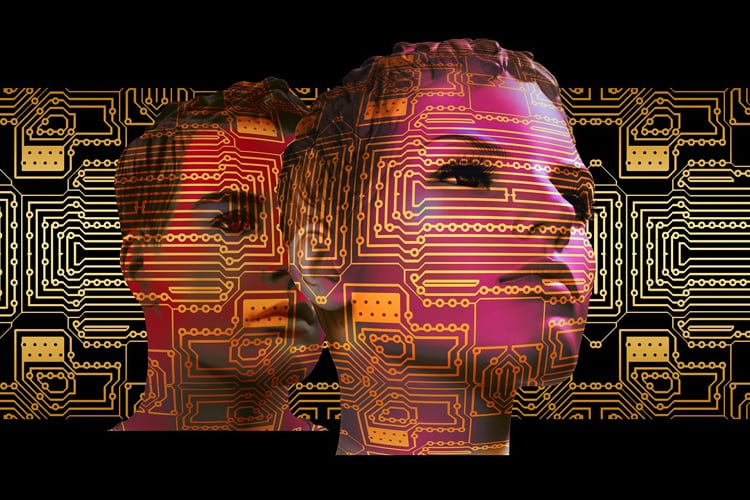At its core, Artificial Intelligence (AI) is a technology that can process information that once required a human component. Visual perception, speech recognition, language translation and even some decision making can now be accomplished with the right computer code. With such advanced capabilities at their fingertips, marketers have been keen to leverage AI for key initiatives such as improving customer service ratings, increasing revenue and targeting key market segments.
According to an analysis by CMO.com, 61 percent of marketing professionals reported that AI was their company’s most important data initiative for 2019, and more than 80 percent of CEOs reported they viewed AI as a viable, strategic opportunity. With such a broad interest in AI, marketers have taken a variety of approaches to use this technology including machine learning and natural language processing (NLP). Machine learning allows a computer system to learn information on its own without the assistance of a programmer. NLP involves the detection of speech patterns and language understanding.

A great example of machine learning is chatbot technology. Chatbots are an automated service with which customers can interact. For example, automotive dealerships can use chatbots to free up the valuable time of salespeople by capturing and qualifying leads, searching inventory, scheduling appointments and, if needed, routing leads to appropriate team members. Not only do chatbots make operations more efficient, but their 24-hour availability has been shown to improve customer satisfaction. Forbes recently reported that 75 percent of companies using AI have seen customer service ratings increase by an average of 10 percent. This increase in satisfaction can be the difference between closing a sale or losing a customer to a competitor. Simply placing the right chat feature on your website can increase website to lead conversions up to 40 percent!
Chatbots also leverage machine learning by automatically gathering data on target audiences. This type of AI works by connecting their online spending habits to their offline behavior, and it can help marketers create more personalized buying experiences for potential customers. Chatbots also help businesses communicate more efficiently with customers on the customer’s desired channel including Facebook Messenger and via text message.
On a national scale, Netflix is a perfect example of a company leading AI innovation. The streaming giant has developed a smart solution that uses machine learning to analyze billions of films to recommend the most relevant ones to viewers. While this technology isn’t unique to Netflix, its application is unique because it considers the user’s viewing history and specific reactions to content. For example, if a viewer watched 10 minutes of a film, Netflix’s AI would weight that film differently than if the viewer completed the film. Although other companies have used AI to recommend movies and products to customers, Netflix is a leader in its use.
The same technology used by Netflix can be applied to marketing through analyzation of product videos and commercials posted to a company site. By analyzing video that keeps viewers engaged for longer periods of time, marketers can optimize content to hold the attention of its audience.
Marketers find NLP to be incredibly useful for deriving insights from social media. With this type of AI, organizations can assess the sentiment of what people post about their companies online. NLP-based tools can gauge the frequency of positive words like “love,” “fast,” “friendly,” etc. against the frequency of negative words like “hate,” “slow,” “rude” and more. NLP allows marketers to receive instant feedback without having to sift through dozens of social media posts, and this feedback can be easily implemented to improve future marketing strategies.
Even though AI is increasingly adopted by marketers, it’s important to note that developments in AI are not phasing out human marketers. AI is still in its infancy, and it has yet to become capable of several key functions marketers are responsible for, including creating quality editorial content, developing effective messaging, devising marketing strategies and more. AI technology can decrease production time, but human marketers remain vital to the success of an organization.
AI has been influential in opening new doors to allow marketers to streamline operations, freeing up more resources to focus on other elements of the marketing mix. This technology has been successful in increasing customer satisfaction, gauging consumer behavior and measuring social media sentiment, among hundreds of other applications. Even though AI has secured its place in marketing, professionals are just scratching the surface of its full potential.
Wondering what you’re missing without the help of AI? Get a free social media and online reputation intel for your business at digitalairstrike.com/get-intel.
Alexi Venneri is co-founder and CEO of Digital Air Strike, a leading social media and digital engagement company. Alexi has more than 20 years of experience in marketing and is a pioneer in digital response, social marketing and online reputation management.




